Although inconspicuous plants of the genus masterwort (Astrantia) we can meet our forests fairly frequently, in our gardens are not yet too frequent guest. The genus includes about 10 species of perennials area of distribution extending central and southeast Europe and Asia Minor.
The most common and most commonly grown species is greater masterwort (Astrantia major), Distributed across Europe. Plants usually grow to a height 40 when 60 cm, varieties are often higher. Florets are small, inconspicuously, arranged in umbels, on rostinách are more prominent supporting bracts flowers. In the original species are greenish, white or light pink, the varieties are common in darker colors to dark purple. The plants bloom from June to August. long petioles, divided palmate leaves are very decorative, tuft works nicely in time, when plants do not flower. Of the varieties on the market rose 'Rosea', 'Primadonna', 'Rosensinfonie', darker red 'Ruby Cloud', 'Hadspen Blood', 'Lars', 'Ruby Wedding' and white 'Alba'. Very interesting is And. major our. involucrata 'Shaggy' large conspicuous bracts creamy-green and variegated variety 'Sunningdale Variegated', which has a very decorative two-color leaves, but weakly blooming.
Very interesting is the original botanical species, Maximum Astrantia, which is, As the title, really kind velkokvětým. It blooms in June and July, flowers with supporting bracts of pink or white deservedly attracting.
Other botanical species, we can also meet And. carniolica a And. minor, Both species are less decorative.
Masterwort reproduce easily generative and vegetative. Botanical species reproduce by seeds in particular,, available on the market have several quality seed varieties (dark pink 'Primadonna' a 'Rosensinfonie', even darker 'Ruby Cloud'). The seeds quickly lose their germination, Fresh seeds germinate best immediately after collection. During the spring sowing in April we need cold treatment of seeds – seed dish 2 when 4 Weeks exposed to higher temperatures between 18 a 22°C, subsequently transferred to the cold, ideally in a temperature range -4 to + 4 ° C. After the end of cold periods, the temperature should increase gradually, plants germinate best at +5 to + 12 ° C. During germination substrate must be kept uniformly moist.
Vegetatively propagated by dividing the plants after flowering, sufficient and small splits. Several quality varieties of this method is the only propagation.
Pre-cultivated plants can be planted in the spring from April to May, or in late summer from August to September. The distance between plants should range from 30 when 40 cm.
These perennials are especially useful in small groups in a slightly shaded parts, They grow well even in bright sunlight. Although they grow on poor quality soils, They thrive best in nutrient and humus well-stocked substrate. Very positively affects the moisture supply steady.
Masterwort also belongs to the very valuable to cut flowers, particularly in the last few years the trend directly floristic. Cut flowers will last in a vase 8 to days, very valuable to cut the varieties 'Primadonna', 'Rosensinfonie'.
The article was published on the website of the Association Czech perenářů courtesy magazine Zahrádkář.





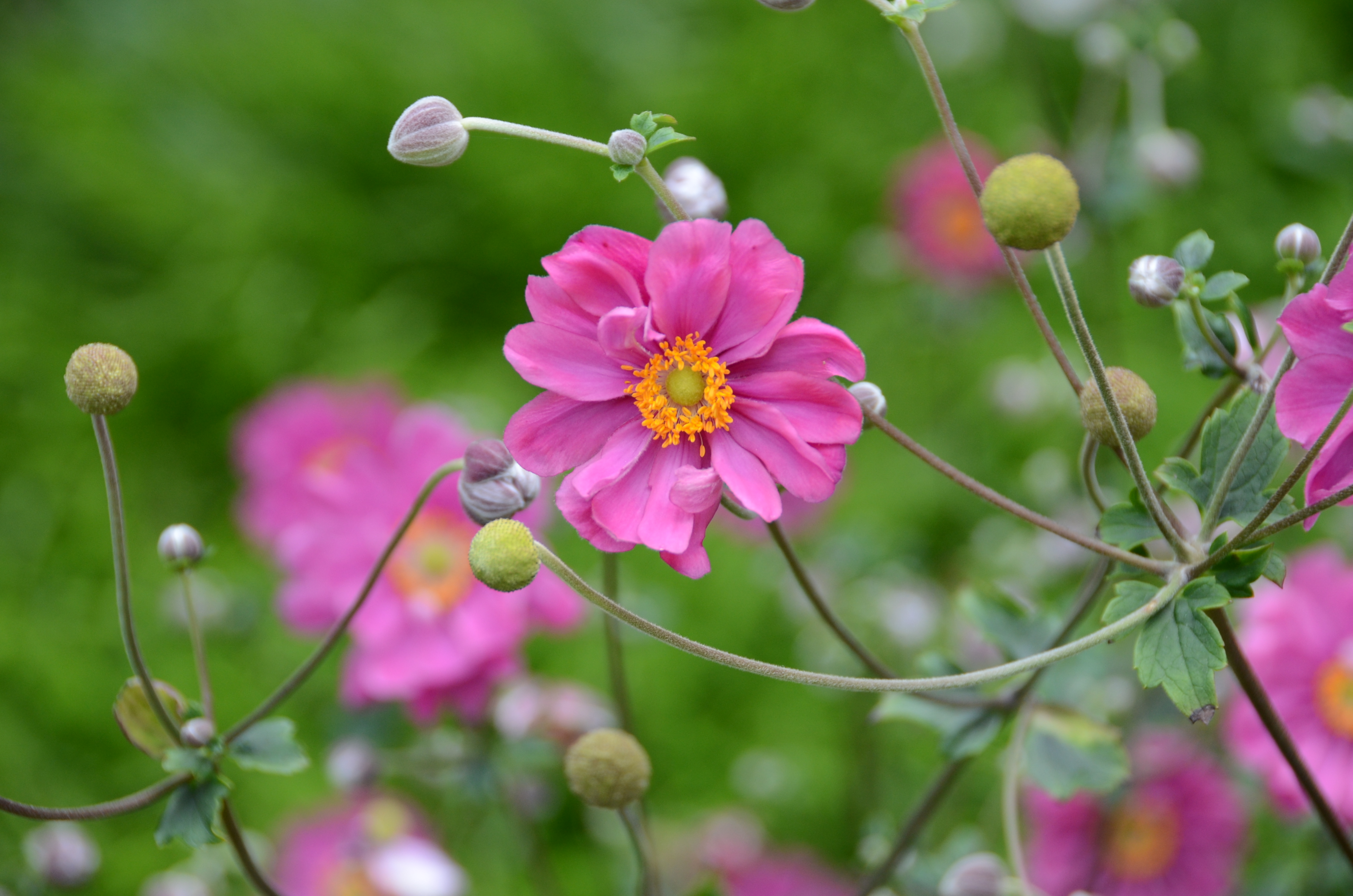
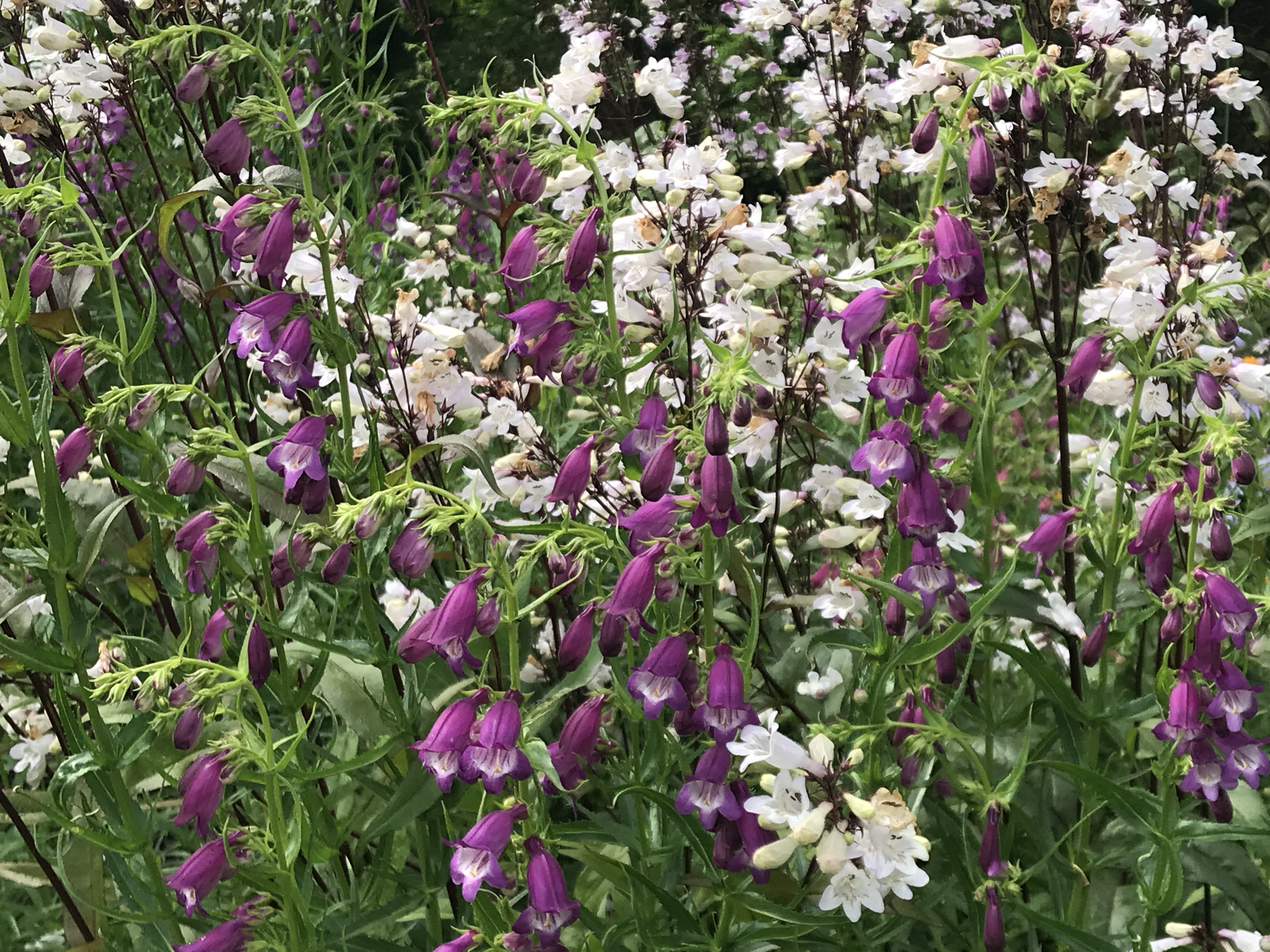

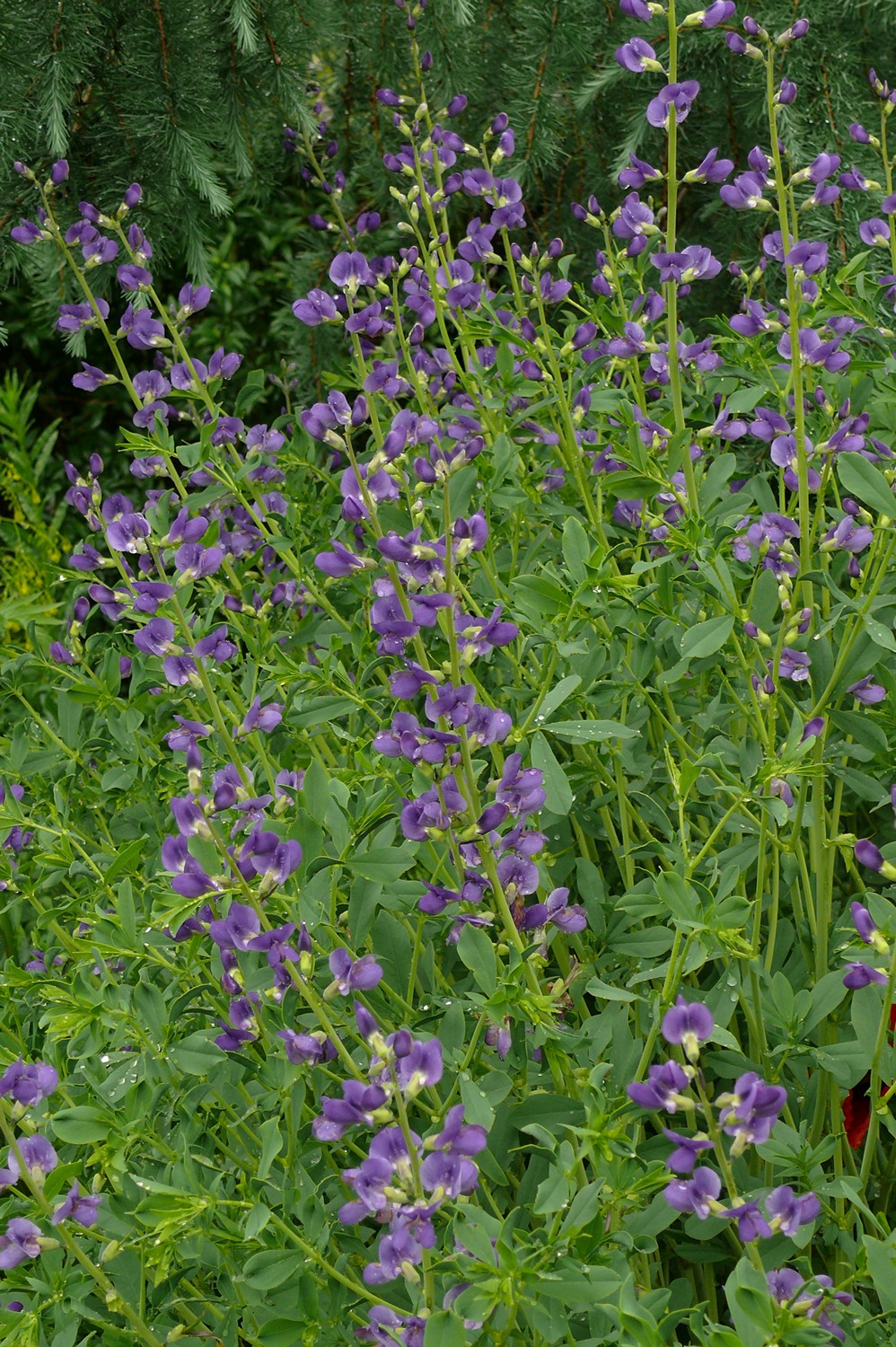
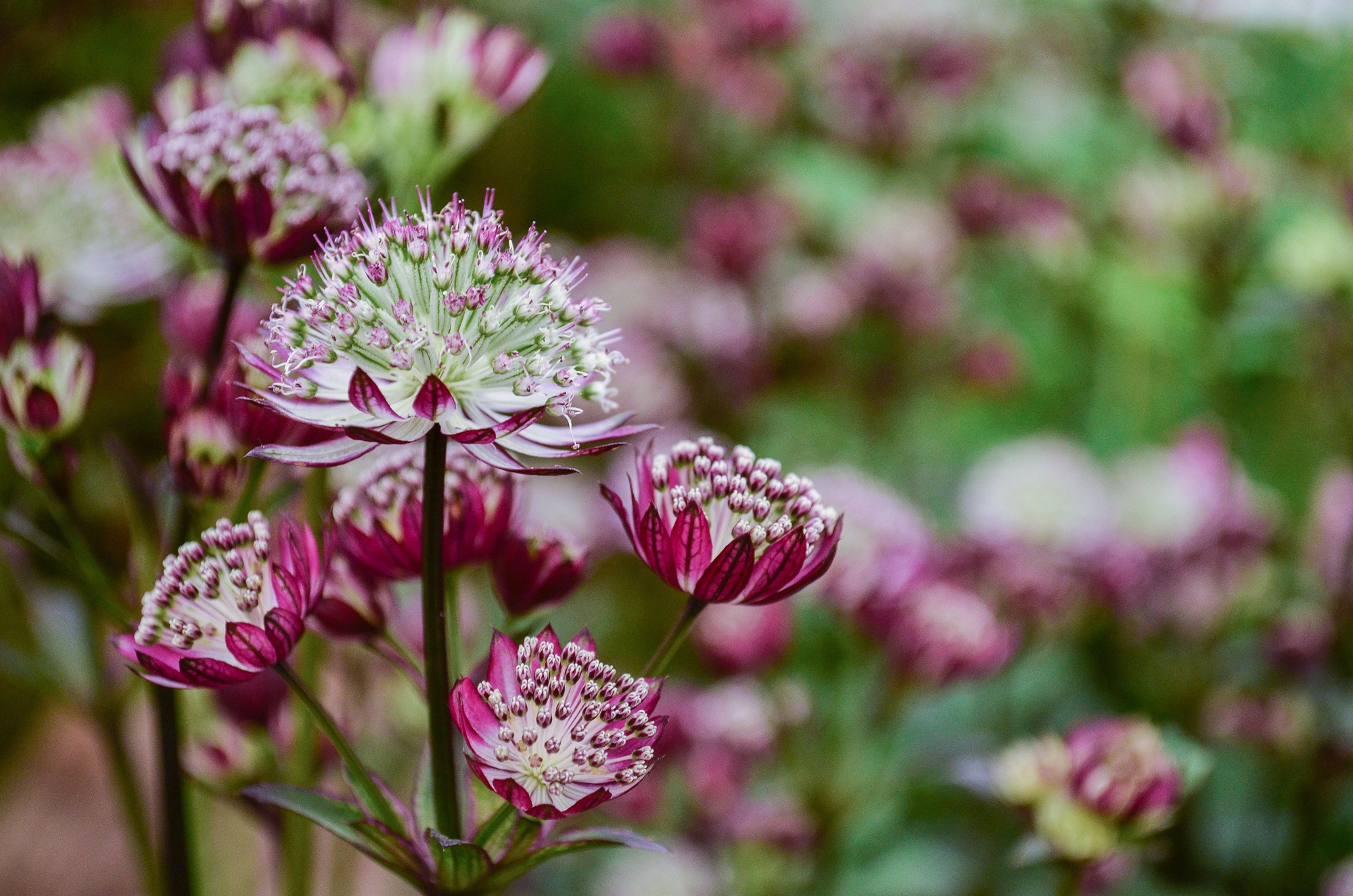
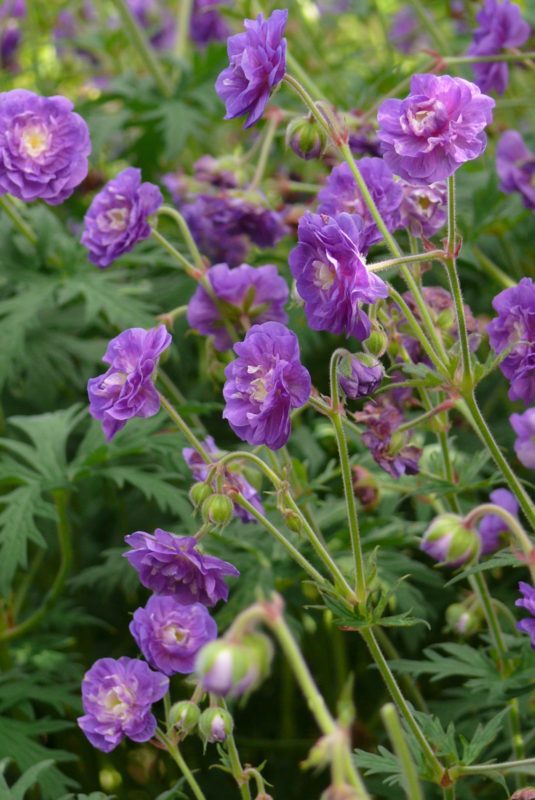
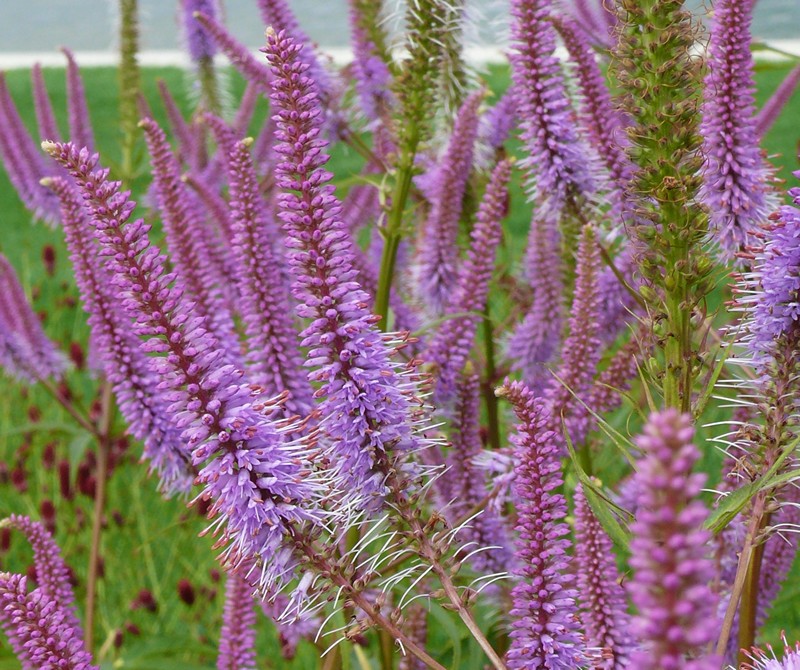

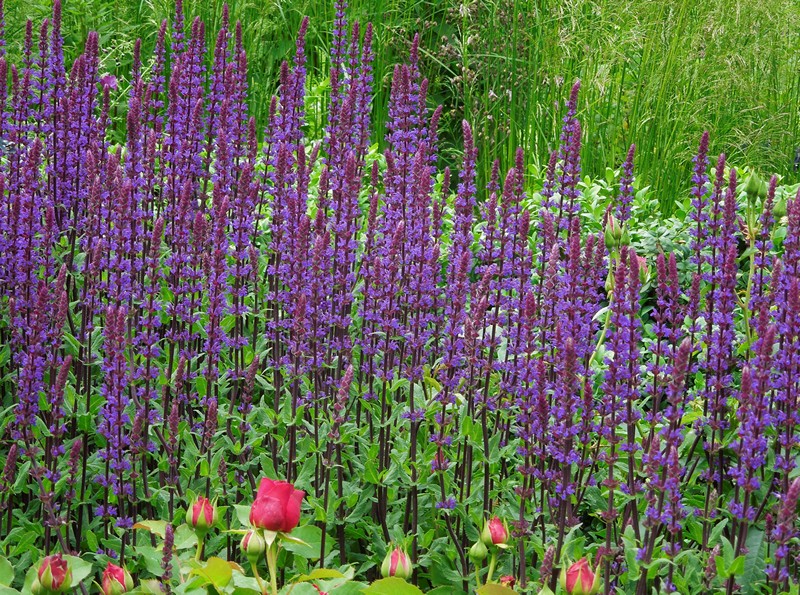
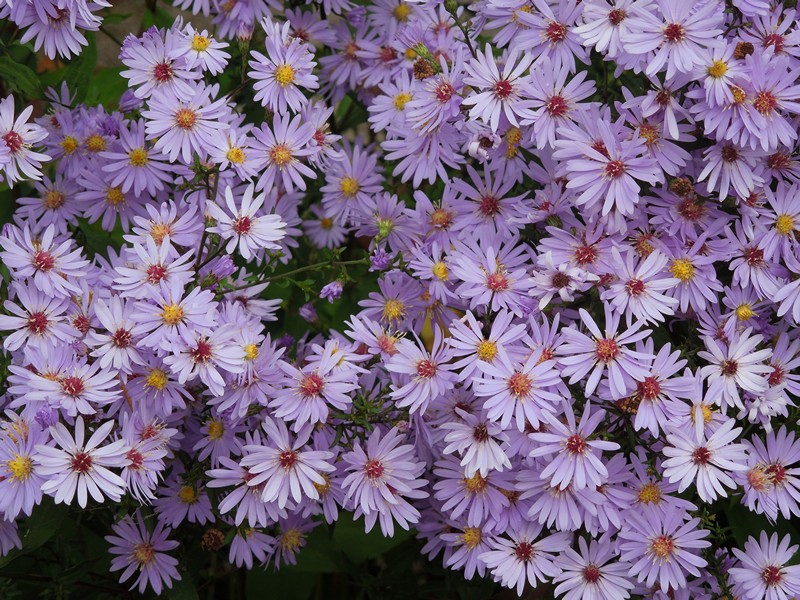
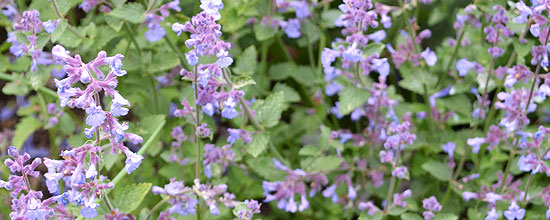
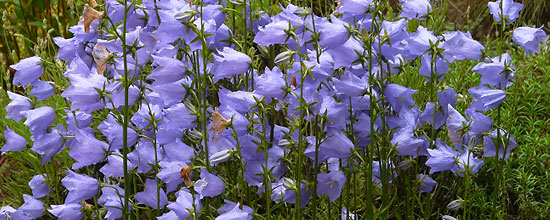


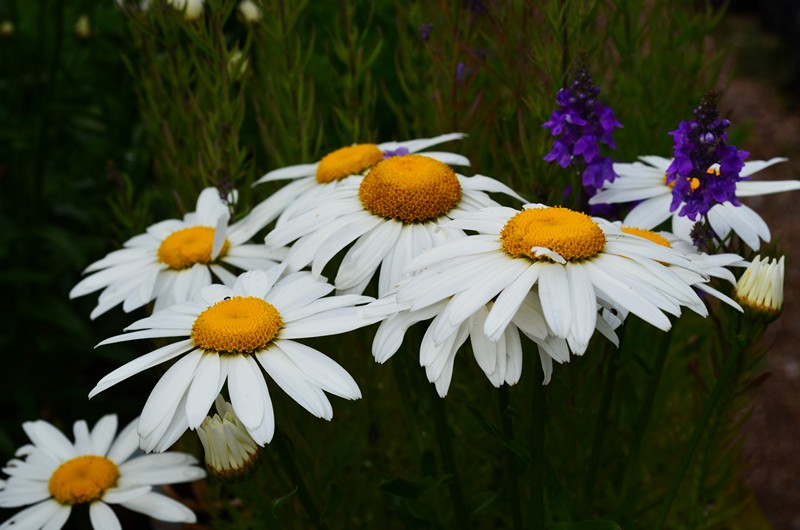
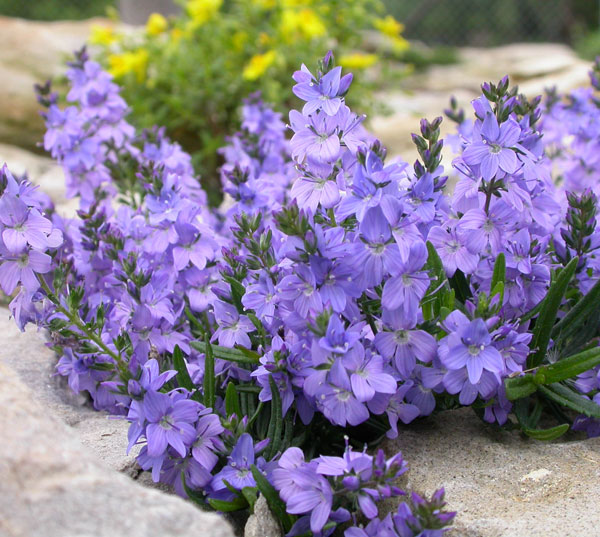

Thank you very much for the info,I bought the plant in a flower shop and I will try to grow it in the garden